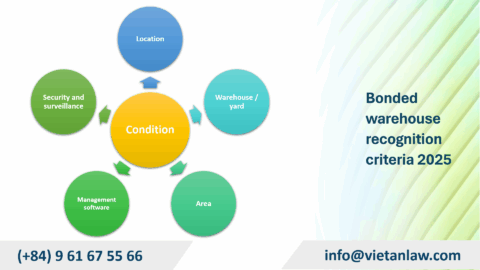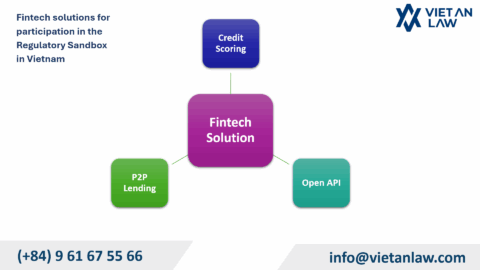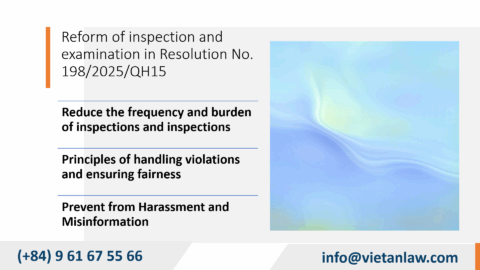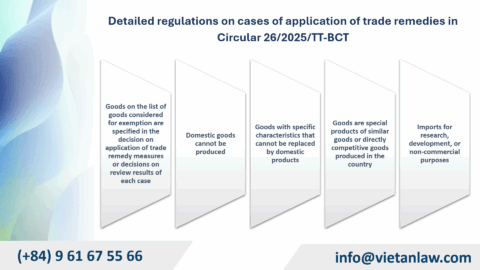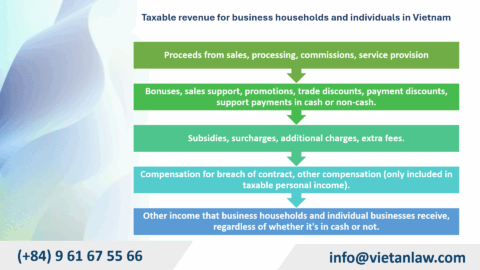On November 15, 2022, the National Assembly promulgated the Law on Anti-money Laundering 2022 to replace the Law on Prevention of Money Laundering in 2012 to improve the effectiveness of the fight against money laundering crimes, while also focusing on Focus on crime prevention in general. This law takes effect from March 1, 2023. To effectively implement the Law on Anti-money Laundering, on April 28, 2023, the Government issued Decree 19/2023/ND-CP guiding the Law on Anti-money Laundering.
Basic information of Decree 19/2023 guiding the Law on Anti-money Laundering includes:
Date of issue: April 28, 2023
Effective date: April 28, 2023
Document type: Decree
Issuing agency: Government
Signed by: Le Minh Khai
Decree 19/2023/ND-CP includes 4 chapters and 14 articles, significantly reducing the number of provisions detailing several articles of the Law on Anti-money Laundering compared to Decree 116/2013/ND-CP as amended and supplemented by Decree 87/2019/ND-CP with more general content and specific information data, risk assessment data, comprehensiveness, effectiveness, and consequences of money laundering by the accompanying appendices.
Decree 19/2023/ND-CP focuses on adjusting several articles of the Law on Anti-money Laundering on principles, criteria, and methods of assessing national risks of money laundering; customer identification; criteria for determining beneficial owners; Transactions of unusually large value or complexity; State agencies have the authority to receive information, records, documents, reports, etc.
The content of Decree 19/2023/ND-CP applies to 4 main groups of subjects: financial institutions; Organizations and individuals doing business in relevant non-financial industries and professions; Vietnamese organizations and individuals, foreign organizations, foreigners, international organizations that have transactions with financial institutions, organizations and individuals doing business in relevant non-financial industries and professions; Other organizations, individuals and agencies related to money laundering prevention and combat.
Add a separate chapter on money risk assessment
Decree 19/2023/ND-CP stipulates the principles for assessing national risks of money as follows:
Thus, according to the provisions of Decree 19/2023/ND-CP, the assessment of national risks of money laundering must comply with the four basic principles mentioned above, to ensure effectiveness as well as ensure transparency in preventing and combating money laundering.
National risk assessment criteria for money laundering are specified in Decree 19/2023/ND-CP including three main parts, money laundering risk criteria, appropriateness criteria of policies, measures of anti-money laundering, and criteria for the consequences of money laundering for countries, and industries.
Money laundering risk criteria include assessing the risk of money laundering from the predicate crime of money laundering and the risk of money laundering for each specific industry and field. Both of these issues are assessed at a domestic and transnational scale. This helps competent state agencies assess the level of risk that domestic and foreign predicate crimes may pose to the financial system and society. At the same time, identifying money laundering risks for each specific industry and field helps focus anti-money laundering measures on high-risk areas.
Criteria for the appropriateness of anti-money laundering policies and measures focus on the comprehensiveness of the legal framework and the effectiveness of implementing legal regulations. This includes assessing the adequacy and accuracy of legal regulations related to money laundering prevention both at the national and industry levels. At the same time, assessing the effectiveness of implementing legal regulations helps identify shortcomings and propose improvements to enhance the effectiveness of anti-money laundering.
The money laundering consequences criterion concerns the negative impacts that money laundering can have on the economy, the financial system, industries and sectors, and society. Assessing the consequences helps understand the negative impact of money laundering and provides more effective prevention and control measures to protect the financial system and ensure economic and social stability.
Criteria for consequences of money laundering include the following 4 criteria: Criteria for negative impacts caused by money laundering on the economy; Criteria for negative impacts caused by money laundering on the financial system; Criteria for negative impacts caused by money laundering on industries and fields; Criteria for negative impacts caused by money laundering on society. You can refer to information, figures, and data to evaluate the consequences of money laundering as follows:
| Consequences of money laundering | Information, data |
| Negative impact caused by money laundering on the economy | Export-import balance
Gross domestic product |
| Negative impact caused by money laundering on the financial system | Potential instability of the financial system |
| Liquidity and debt repayment risks
Investigation and sanctioning costs |
|
| Negative impacts caused by money laundering on industries and sectors | Unfair competition in the private sector |
| Negative impacts caused by money laundering on industries and sectors | Unfair competition in the private sector |
| Affects reputation and profits | |
| Negative impacts of money laundering on society | Increased crime and corruption |
| Ineffective penalties and difficulty in confiscating and recovering criminal assets |
The criteria and data are specified in the appendices, creating high consistency in the form of Decree 19/2023/ND-CP compared to the old Decree.
The regulations of Decree 19/2023/ND-CP have changed significantly in content compared to Decree 116/2013/ND-CP, specifically Decree 19/2023/ND-CP only has 14 articles instead of 36 articles as in Decree 116/2013/ND-CP. At the same time, Decree 19/2023/ND-CP also adds regulations to suit the development of the 4.0 revolution, adding regulations on new payment methods such as e-wallets and e-banking.
Decree 19/2023/ND-CP also changes the criteria for identifying customers and determining beneficial owners, specifically as follows:
In addition, Decree 19/2023/ND-CP also adds a separate chapter related to money risk assessment and provides more detailed regulations on the functions and tasks of each agency.
The new regulations of Decree 19/2023/ND-CP are to keep up with social change and development along with the development of information technology in the 4.0 era when regulations and standards The criteria in Decree 116/2013/ND-CP are no longer appropriate.
The process of collecting, processing, and analyzing money laundering prevention information plays an important role in preventing and dealing with money laundering activities. The agency performing the functions and tasks of preventing and combating money laundering under the State Bank of Vietnam is allowed to request relevant organizations and individuals to provide information, records, documents, and reports according to law. At the same time, they also receive and collect information within the scope of their functions, tasks, and powers to serve the analysis, exchange, provision, and transfer of information on anti-money laundering.
For relevant organizations and individuals, providing information, records, and documents to agencies performing the functions and tasks of preventing and combating money laundering must also comply with the required deadlines. This helps ensure efficiency and accuracy in collecting necessary information to prevent and combat money laundering.
The agency performing the functions and tasks of preventing and combating money laundering in the State Bank of Vietnam processes and analyzes the information received. They use available sources of information and collect additional information to identify money laundering trends and patterns. From there, this agency develops strategies and goals for preventing and combating money laundering appropriate to each stage in the industry, field, and country.
In addition, this agency also analyzes information based on available information sources and collects additional information to trace transactions. This helps identify connections and activities suspected of being related to money laundering or other criminal activities. This forms the basis for handling and responding to dangerous activities and potential money laundering risks.
The transaction delay measure is one of the temporary measures applied by Decree 19/2023/ND-CP to combat money laundering and deal with related criminal activities. The decree has adjusted and added more detail on grounds to suspect and detect parties involved in blacklisted transactions, thereby effectively implementing measures to delay transactions.
Specifically, Decree 19/2023/ND-CP specifies that the following cases must apply transaction delay measures:
When there is an individual or organization involved in a transaction whose information is identical to an individual or organization on the Black List.
When an individual participating in a transaction has one of the following information that matches an individual on the Black List and the information collected shows a connection to terrorist activities, terrorist financing, and dissemination of information. proliferation and financing of weapons of mass destruction:
When the organization involved in the transaction has one of the following information that matches an organization on the Black List the information collected shows that it is involved in terrorist activities, terrorist financing, and dissemination of information. proliferation and financing of weapons of mass destruction:
The cases mentioned above, when occurring during the transaction process, will require delay measures to check and verify information before continuing with the transaction. Applying transaction delay measures in this way helps ensure transparency and reliability in financial activities while limiting and preventing money laundering and related crimes.
Customers who need advice on investment law, civil law, or issues related to the Law on Anti-money Laundering, please contact Viet An Law Firm for the best support.
